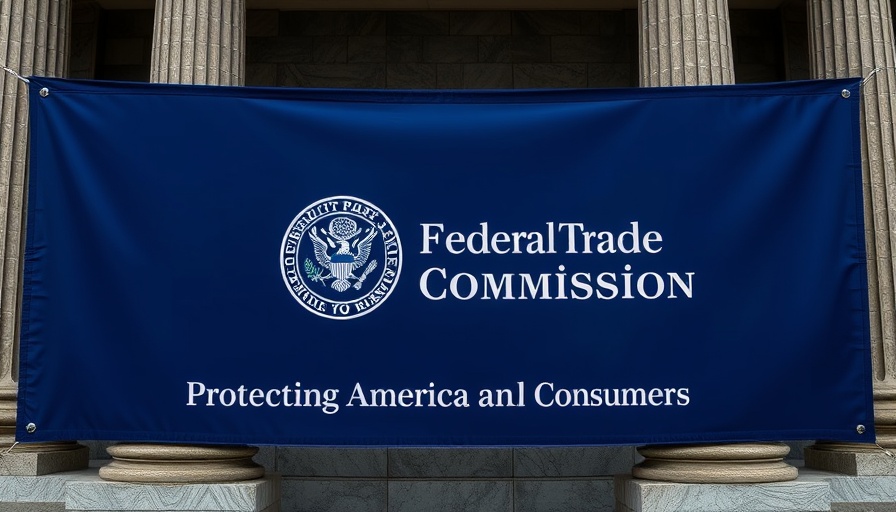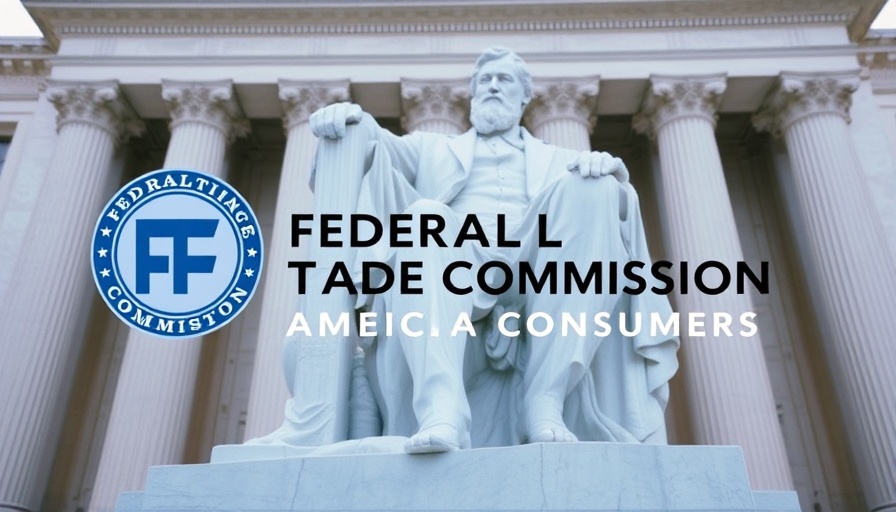
FTC's Renewed Challenge: Impacting Market Competition
The Federal Trade Commission (FTC) is reasserting its position in the ongoing battle against improper patent listings that are hindering competition in the pharmaceutical industry. The Commission's latest actions target more than 200 patent listings associated with various medications, including essential treatments for asthma, diabetes, and chronic obstructive pulmonary disease (COPD). The FTC aims to renew challenges originally posited to ensure that generic medications can enter the marketplace, a crucial step toward lowering drug prices for consumers.
Understanding the Orange Book's Role
The FDA's Orange Book, officially known as "Approved Drug Products with Therapeutic Equivalence Evaluations," lists patents connected to brand-name drugs. However, the FTC's latest notices indicate that many of the patents listed do not fulfill the statutory criteria, raising questions about their legitimacy. This renewal of challenges comes at a time when the need for affordable drugs is more pressing than ever, particularly amidst rising healthcare costs. By challenging these listings, the FTC is taking a firm stance against practices that artificially inflate prices by restricting access to generic competition.
Legal Precedence: Courts Weigh In
A recent ruling by the U.S. Court of Appeals for the Federal Circuit supports the FTC's position, affirming that the patents in question may not meet the required listing criteria. This judicial endorsement gives the FTC a stronger foothold in its campaign for competition, signaling that these actions are not just regulatory posturing but are grounded in legal precedence. As brand-name companies like Novartis and Teva face scrutiny from the FTC, the potential fallout for the pharmaceutical industry could reshape how patents are utilized in drug marketing strategies.
Future Implications for Business Brokers
For business brokers operating within the healthcare sector, understanding the implications of these regulatory changes is critical. The renewed challenges to patent listings could herald a shifting marketplace where generic drugs become more prominent, thus altering valuations and strategic approaches in pharmaceutical mergers and acquisitions. Brokers should be prepared to advise clients on navigating these complexities which could define future business landscapes.
As the FTC continues to push for a more equitable market environment through these legal challenges, its ongoing efforts may lead to more comprehensive reforms in how drugs are patented and marketed. For those operating in industries affected by these decisions, staying informed about these regulatory actions will be essential in strategizing for competitive advantage.
 Add Row
Add Row  Add
Add 




Write A Comment